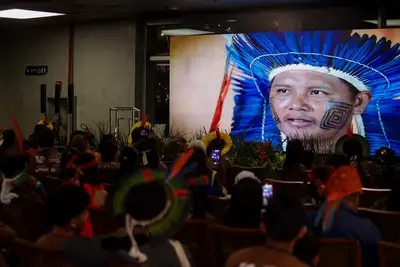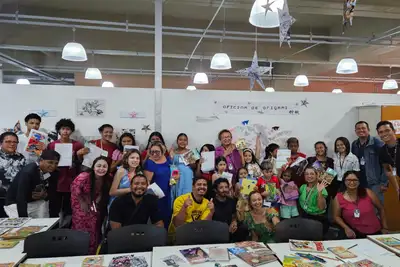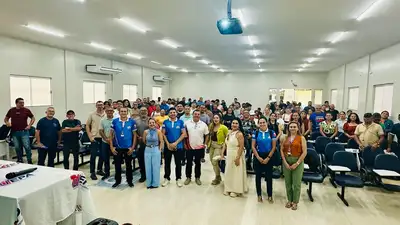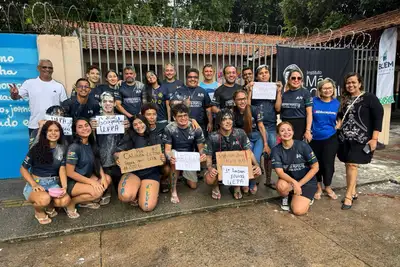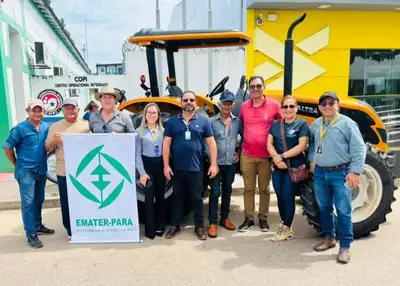Forensic Police reinforces care and specialized listening for elderly victims of violence
The service is essential to guarantee the rights and protection of this population, especially in cases involving suspected violence, mistreatment, and neglect
In this month of October, dedicated to valuing and respecting the elderly, the Forensic Police of Pará (PCEPA) highlights the work of professionals who assist elderly victims at the Institute of Legal Medicine and Dentistry "Renato Chaves" (Imol). The service is essential to guarantee the rights and protection of this population, especially in cases involving suspected violence, mistreatment, and neglect.
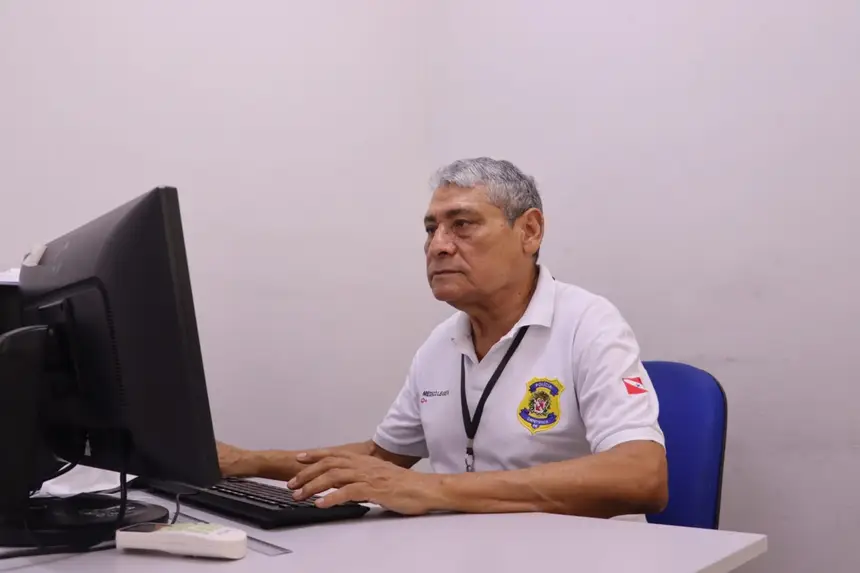
The forensic doctor Osias Pimenta Nunes, who performs bodily injury examinations at Imol, at the PCEPA headquarters in Belém, explains that the forensic examination is a fundamental step in the investigation and support for victims. "The medical-legal examination is the first step to give voice to the elderly victim. Often, it is here that we can identify signs of physical, psychological aggression, or abandonment, situations that unfortunately still occur frequently," emphasized the forensic doctor.
The PCEPA gives total priority to the care of the elderly, in any circumstance, following the guidelines of the Elderly Person Statute, which ensures rights and duties for people over 60 years old. "In addition to bodily injury care, when I perform autopsies on elderly individuals, there is also priority, as it is an absolute right earned by these individuals," he emphasized.
According to him, attentive listening and a humanized approach are pillars of the service provided by the Forensic Police. "In addition to identifying injuries, our role is to welcome the elderly with respect. I conduct listening sessions so that this elderly person can tell me what is happening, without the presence of others, as in some cases, the companion is the aggressor. Many arrive emotionally fragile, in a state of total vulnerability, and need to be treated with patience and empathy," he added.
According to the doctor, among the most common cases are physical assaults, neglect in basic care, financial abuse, and abandonment. "The most common case involving the elderly is physical assault with suspected mistreatment. The aggressor usually commits the assault as a form of punishment, unfortunately," lamented the doctor.
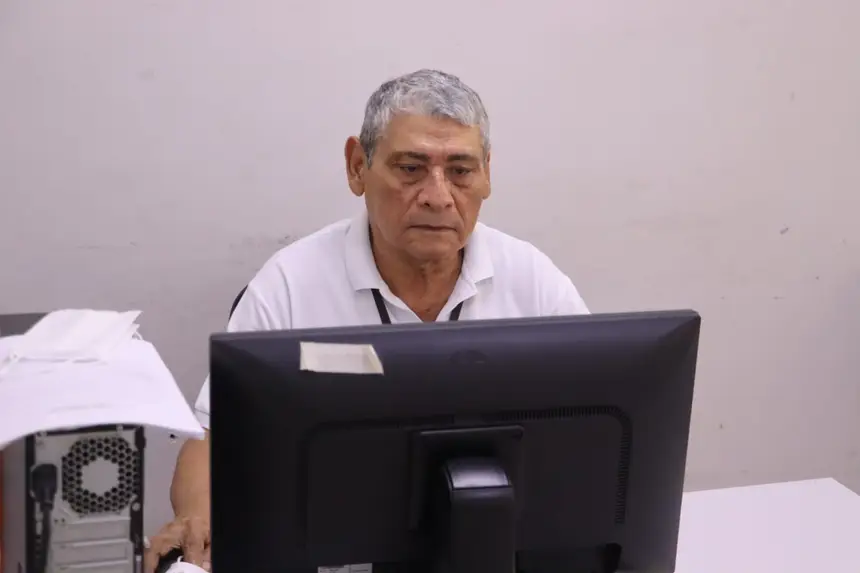
The general director of PCEPA, Celso Mascarenhas, emphasizes that forensic work goes beyond collecting evidence: it represents an act of citizenship and social justice. "The elderly deserve attention and care in all spheres. Our commitment is to ensure that each service is provided with technique and humanity, contributing to the accountability of aggressors and the protection of victims," he stated.
The Forensic Police reinforces that reports of mistreatment against the elderly can be made anonymously through Disque 100 or at the Elderly Police Station.
Text: Amanda Monteiro/Ascom PCEPA



